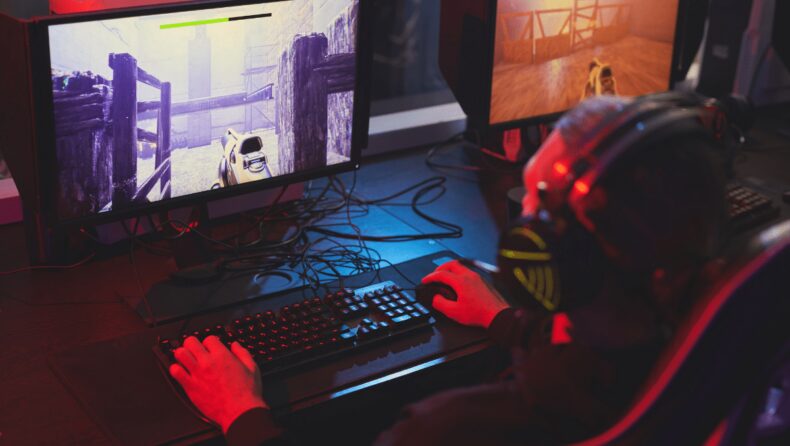Table of Contents

Indian Esports
The esports industry in India has been steadily growing in recent years, with the country emerging as a potential market for sports. According to a report by the India Brand Equity Foundation (IBEF), the Indian esports market is expected to reach $1.1 billion by 2024. The increasing popularity of mobile gaming and the availability of high-speed internet connectivity have been significant factors driving the growth of Sports in India.
However, the sustainability concerns that are plaguing the esports industry globally cannot be ignored, and Indian esports organisations are not immune to them. While foreign organisations are facing sustainability issues due to overspending and reliance on external funding, Indian organisations are still holding onto their rosters in the hope of the return of the popular game, Battlegrounds Mobile India (BGMI).
In 2024, many prominent organisations such as TheGuard, eUnited, and TorrentHQ will have to shut down due to sustainability concerns. Even popular organisations such as FaZe Clan, 100 Thieves, OpTic, Immortals, Team Liquid, and NerdStreet have had to lay off staff members, indicating the challenging times for the sports industry. While foreign organisations have been significantly impacted, this will be very concerning for Indian organisations as they look to future scenarios. However, even they are not immune to the challenges of sustainability that plague the industry.
There are still challenges that the Indian esports industry must overcome. One significant challenge is the decline in viewership among some famous content creators. While the Indian gaming community is growing, the number of content creators has also increased, leading to more competition. Some popular content creators have seen a decline in viewership, as evidenced by the recent release of four of their content creators by Hydra sports, indicating that the esports industry in India still has a long way to go to achieve sustainability.
Rushindra Sinha, the CEO of Global Esports, has expressed concerns about the state of mobile esports in India. Despite significant viewership, the industry faces multiple challenges that make it difficult to establish a stable foothold. The ban on popular games such as BGMI and Free Fire, as well as the lack of structure and sustainability in the industry, are significant challenges. However, Sinha believes that this presents an opportunity for innovation and disruption.
Sustainability Concerns
To establish a sustainable business model for mobile esports in India, the industry needs to create a structure that is conducive to growth and sustainability. The industry is currently like the Wild West, with no established regulations or standards, making it difficult to establish a stable foothold. The ban on BGMI and Free Fire only compounds this issue, making it more challenging for organisations to find success. However, this presents an opportunity for stakeholders to work together to establish a sustainable industry.
The Indian esports industry has made significant progress, but it still has a long way to go to achieve sustainability. The challenges facing the industry, such as declining viewership and the lack of infrastructure and resources, need to be addressed to ensure the growth and success of esports in India. As the industry matures, it is essential to overcome these challenges and establish a sustainable business model that can support the industry’s growth in the long term.
However, the sustainability concerns that are plaguing the esports industry globally cannot be ignored, and Indian esports organisations are not immune to them. While foreign organisations are facing sustainability issues due to overspending and reliance on external funding, Indian organisations are still holding onto their rosters in the hope of the return of the popular game, Battlegrounds Mobile India (BGMI).













